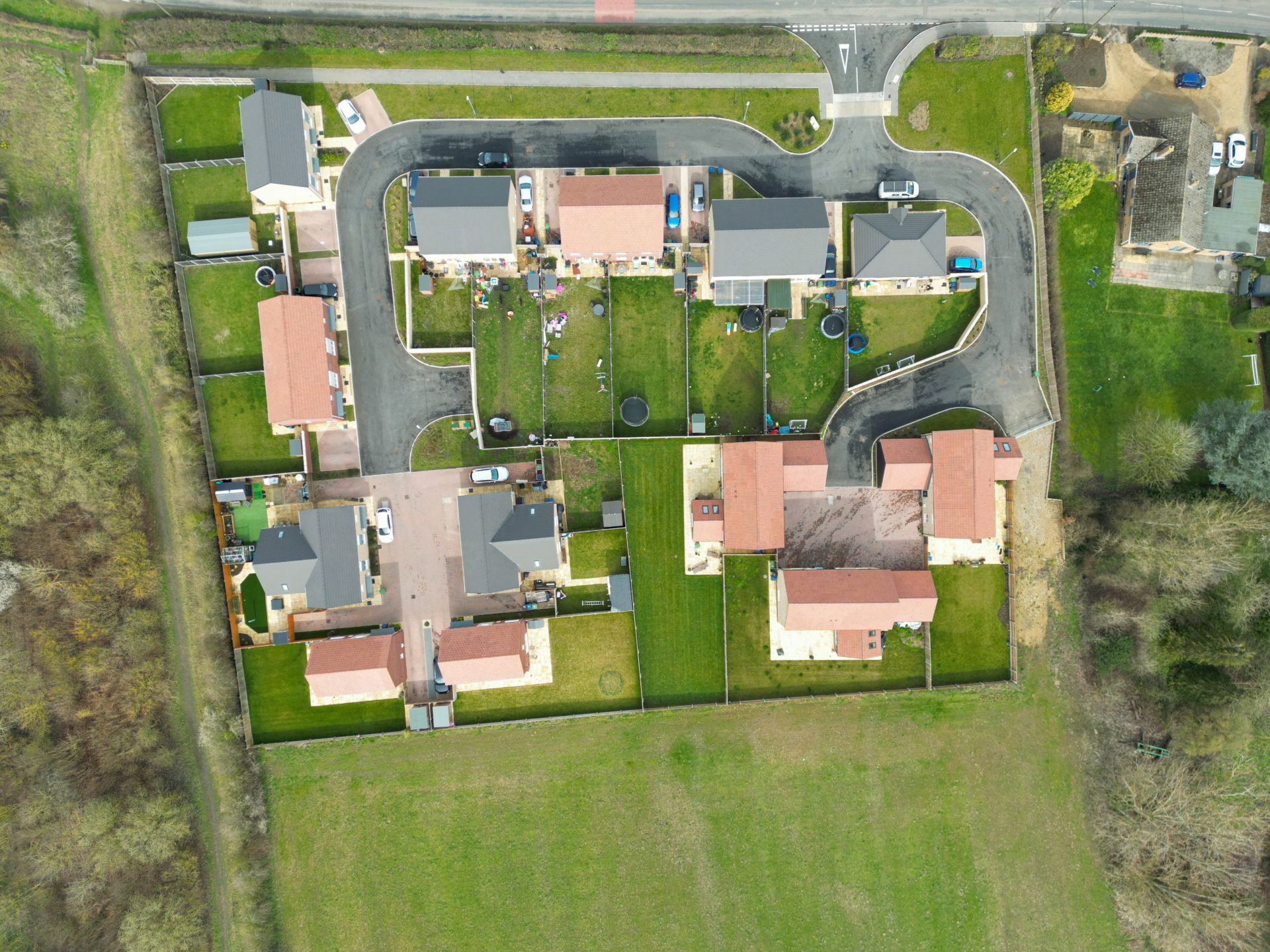It is probably a universal truth that no storage space, including sheds and garages, is ever big enough. The stuff people want to keep in them just appears as if by magic, and for any shared spaces, management companies will probably need to agree to fair usage rules with leaseholders.
Check the lease, which hopefully will have a wrap-up clause that enables you to do what you all think best as long as it is reasonable. This may be to restrict what can be kept there or to recharge the costs of insuring and maintaining the outhouses only to those who choose to use them.
As a starting point, it may be a good idea to consult the leaseholders and see what they think they need in terms of outdoor storage. You may decide that the block needs to build more storage space or permit people to install temporary structures, such as metal bike shelters.
A benefit of making sure enough space is available, and that people will trust it to secure their expensive belongings, is that you won’t have pushchairs, bikes, and sports equipment left in corridors, which could put both the owners and the building management company directors in breach of fire safety law.
Insuring outhouses
When it comes to insuring your buildings, it’s all too easy to forget about your garages and sheds – but the chances are they are vulnerable to weather and intruders and may contain valuable items.
After all, the 2024/25 storm season has left us in no doubt that nature is in charge. Will your property and outbuildings make it through if the season carries on through the alphabet to Storm Wren? (W is the end of the storm alphabet, by the way).
Often the first things to go in extreme weather are fences and hedges, but while the structure of outhouses is usually insured as standard, hedges, gates, and fences are often treated separately. Do not assume they are covered by your building policy under the included ‘outhouses’ heading until you have checked with your broker or insurer.
You should also check that the cover you do have for outhouses is correct and you are aware of any conditions that the insurer has. A duty to maintain the structures in good order applies to outhouses, just as it does to the main structure of the block.
Also, think about what is kept in them and how you are going to manage contents insurance. The lease should specify what the freeholder (landlord) is responsible for: typically it will be insuring the structure of a permanent building or outhouse with individual owners responsible for insuring their own car or bike for theft or damage.
What is an outhouse?
Outbuildings can include fixed structures such as garages (secure buildings with a lockable entry point, concrete floor, and roof), stables, greenhouses, sheds, stores, summer houses, etc. within the boundary of your property. As you would expect, building insurance will not include movable structures like tents or party marquees.
A permanent structure on the property is likely to be covered automatically, but it is up to you to make sure the insurer or broker is aware of them. If the questions they ask before quoting do not specifically cover your outbuildings, then you need to make them aware. Having cover may involve special requirements such as regular inspection of flat roofing or not storing flammable materials.
Beyond storm damage
It’s important to make sure the policy covers the activities you plan to do in the shed or outbuilding. In a block of flats, it’s likely to be storing shared gardening equipment or individually owned bikes.
But if anyone wants to undertake a specific hobby, you might also want to check what they will want to store and do, and that it doesn’t compromise cover.
Be sure that people understand that any communal contents policy for outbuildings will not cover their valuable equipment when it is away from the premises. That said, contents insurance specifying and covering leaseholders’ belongings may be difficult to arrange or prove expensive. Be sure to tell leaseholders that leaving items in the outhouses is at their own risk.
The key thing to remember is that permanent outhouses are part of your building estate. If you have them, make sure the insurer is aware, so the buildings are insured. If you don’t have any, make sure you are not paying for unnecessary cover.
Disclaimer:
The sole purpose of this article is to provide guidance on the issues covered. This article is not intended to give legal advice, and, accordingly, it should not be relied upon. It should not be regarded as a comprehensive statement of the law and/or market practice in this area. We make no claims as to the completeness or accuracy of the information contained herein or in the links which were live at the date of publication. You should not act upon (or should refrain from acting upon) information in this publication without first seeking specific legal and/or specialist advice. Arthur J. Gallagher Insurance Brokers Limited accepts no liability for any inaccuracy, omission or mistake in this publication, nor will we be responsible for any loss which may be suffered as a result of any person relying on the information contained herein.
FP49-2025
